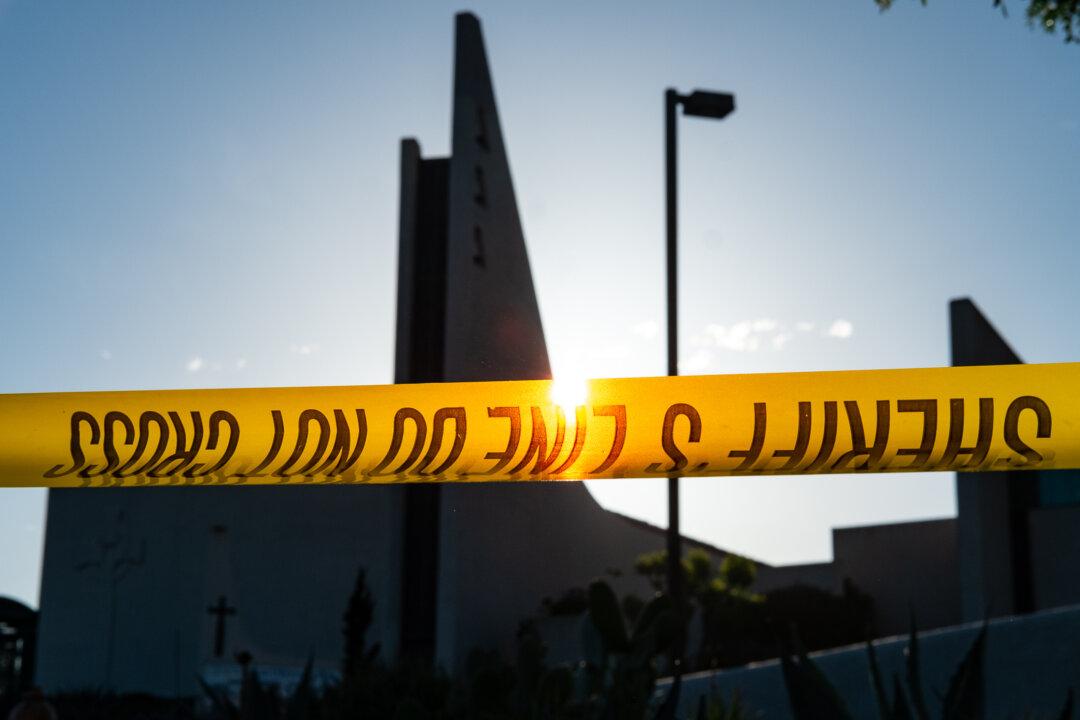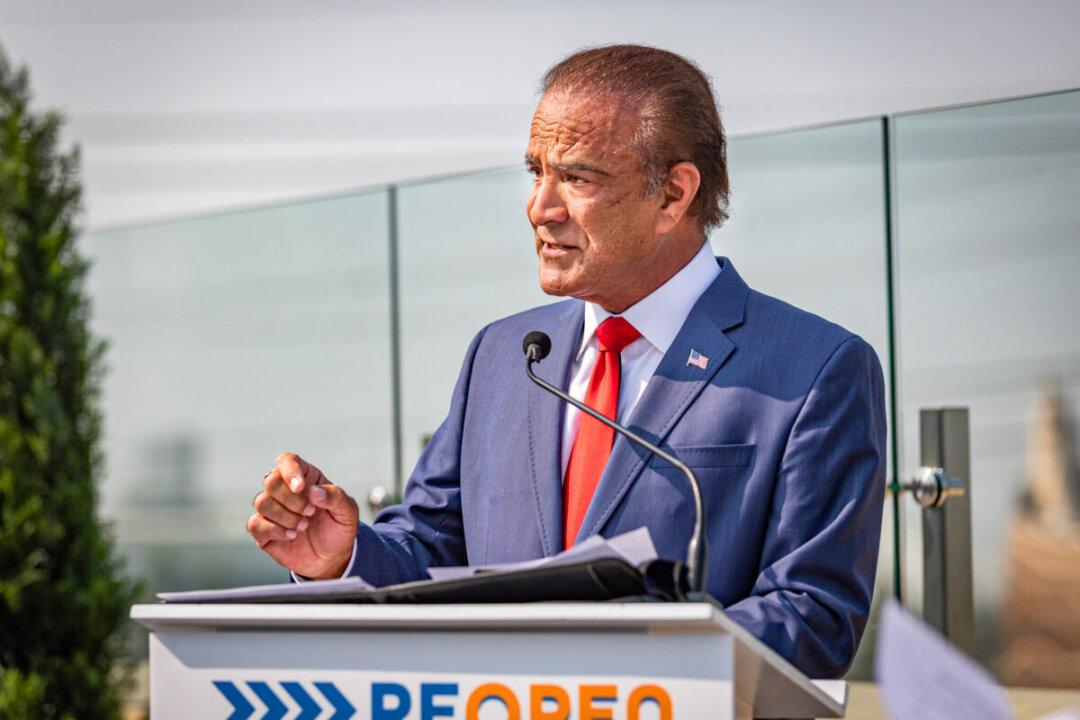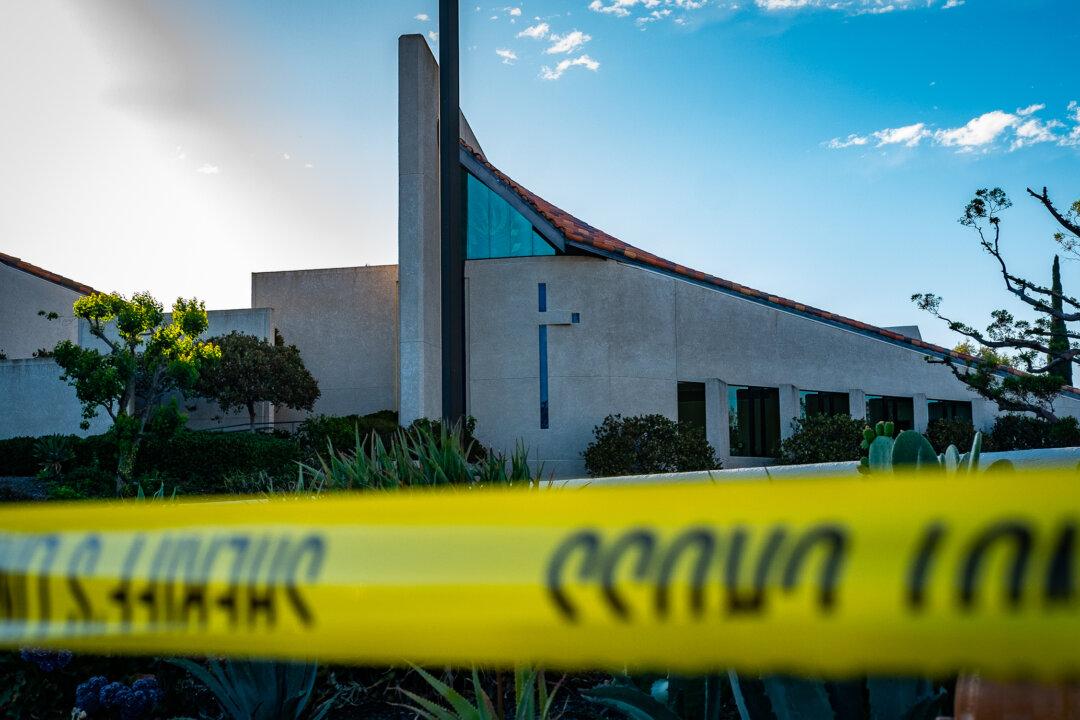With California’s new eviction protections for tenants with unpaid rent valid through March 2022, landlords struggle to stay financially afloat as they wait for rent relief funds.
Jonathan Madison, an eviction attorney, told The Epoch Times his clients have turned to taking out loans and filing for bankruptcy waiting to receive funds as their tenants fail to pay rent.




